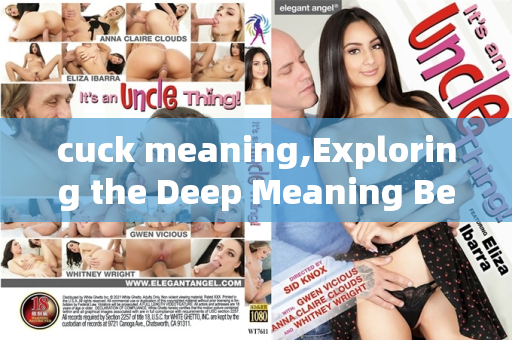
The phenomenon of casting couch videos has gained significant attention in recent years, not only within the entertainment industry but also across various platforms online. These videos, often characterized by their controversial and explicit nature, reveal the darker side of the casting process, where aspiring actors and actresses are sometimes coerced into compromising situations. The term "casting couch" itself has come to symbolize a culture of exploitation and abuse of power in the pursuit of fame and success.
At its core, casting couch videos often depict scenarios where individuals seeking roles in films or television are subjected to inappropriate advances and pressures from producers, directors, or other industry insiders. This troubling dynamic raises important ethical questions about consent and the lengths to which one might go to achieve their dreams. Many who have experienced or witnessed such situations emphasize that this is not merely a myth or urban legend; rather, it is a pervasive issue that has been both documented and discussed by industry veterans.
The rise of the internet has made it easier for casting couch videos to circulate widely, often blurring the lines between fiction and reality. While some may argue that these videos are mere entertainment or satire, they can inadvertently normalize harmful behaviors. The accessibility of such content has led to increasing scrutiny from advocacy groups and individuals who aim to expose the harsh realities behind the glamour of Hollywood. This scrutiny has been instrumental in prompting discussions about accountability and the need for systemic change within the film industry.
Furthermore, the impact of the #MeToo movement cannot be overstated in this context. Many individuals have bravely come forward to share their experiences of harassment and abuse, shedding light on the prevalence of casting couch scenarios. This collective effort has sparked a broader dialogue around the power dynamics in the industry and the necessity for creating safer environments for aspiring talent. It is essential to recognize that while casting couch videos may seek to entertain, they also serve as a stark reminder of the ongoing struggles against systemic exploitation.
Industry changes are beginning to take shape, with more organizations implementing strict guidelines and policies aimed at protecting individuals in the auditioning process. Workshops and training programs are being developed to educate both talent and industry professionals about appropriate behavior and consent. However, the conversation must continue, as the entertainment industry still grapples with entrenched practices that allow for such behavior to persist. To dismantle the casting couch culture, it is imperative for everyone in the industry— from actors to producers— to stand united against these unethical practices.
In conclusion, casting couch videos offer a glimpse into a troubling aspect of the entertainment industry that requires ongoing attention and action. While they may entertain some, they also highlight significant issues surrounding power dynamics, consent, and the exploitation of vulnerable individuals. It is vital for society to foster an environment where aspiring talent can pursue their dreams without fear of harassment or coercion. The change must come from within the industry, pushing for a culture that promotes respect and integrity, ensuring that the path to success does not come at the cost of one's dignity.









